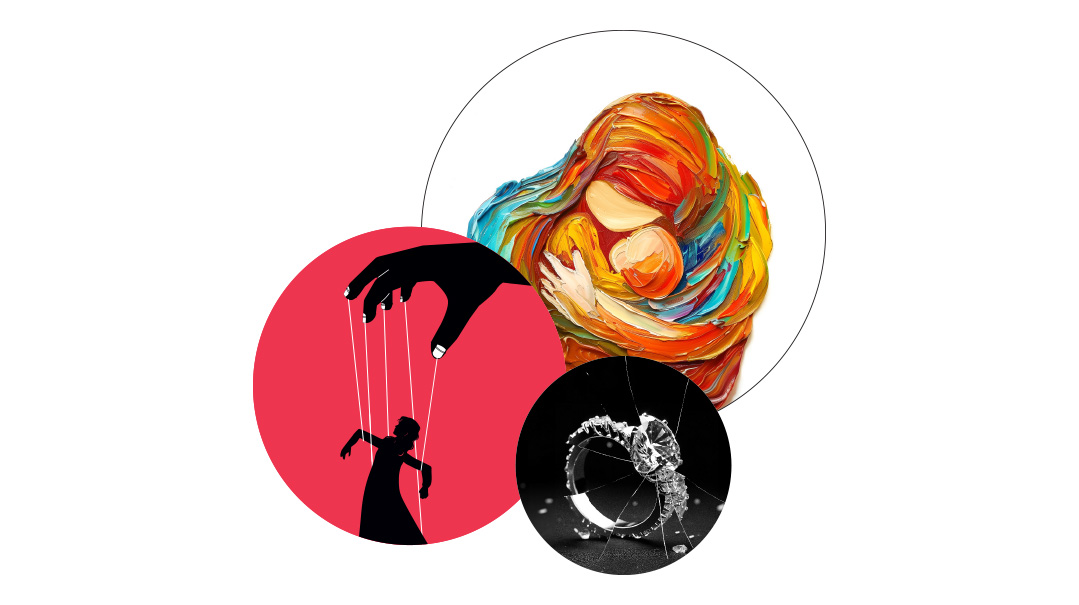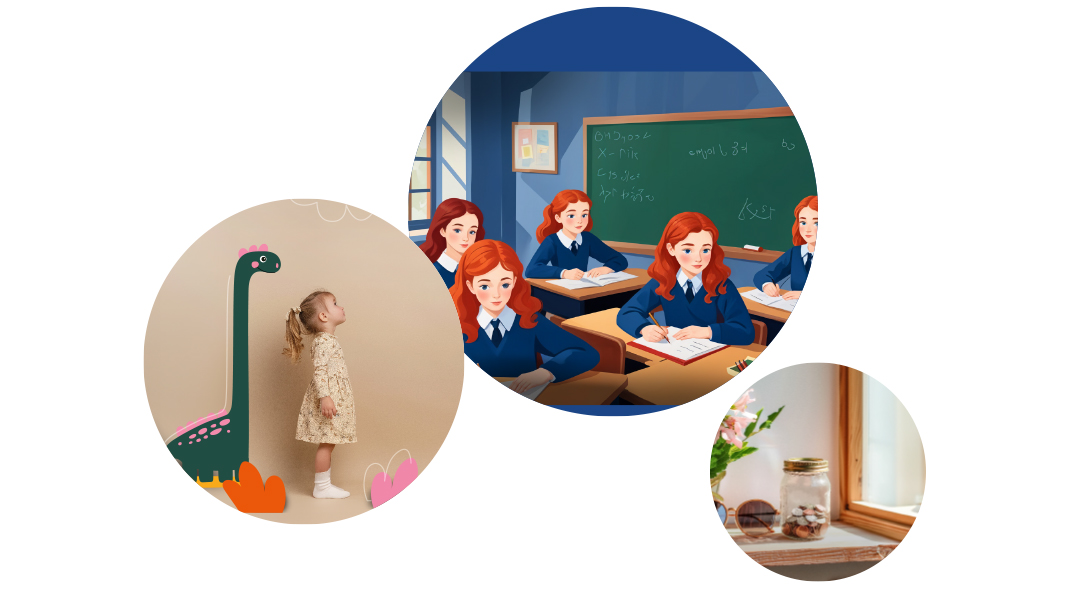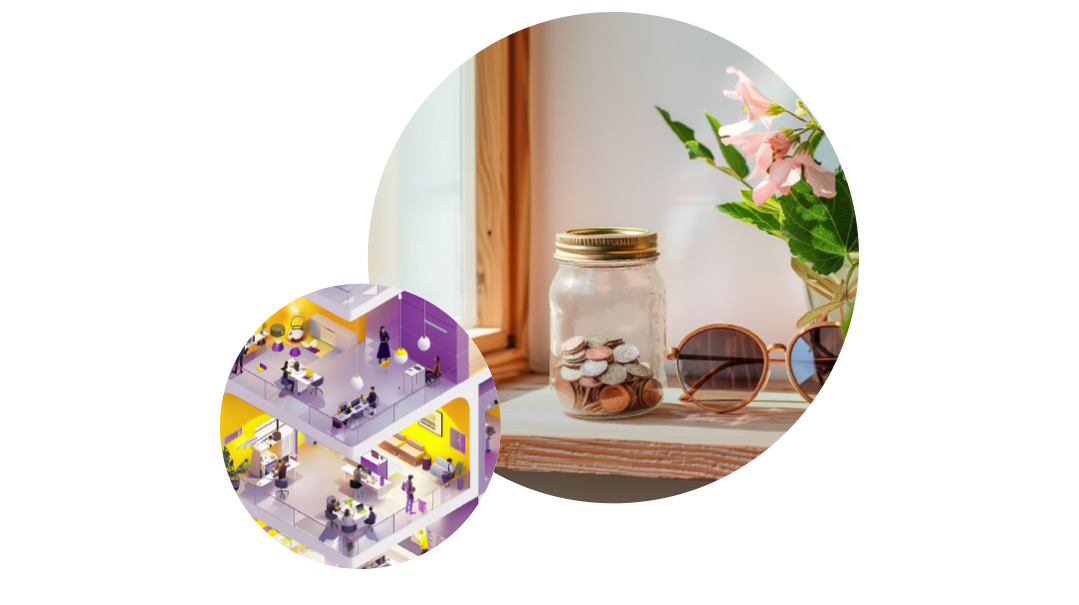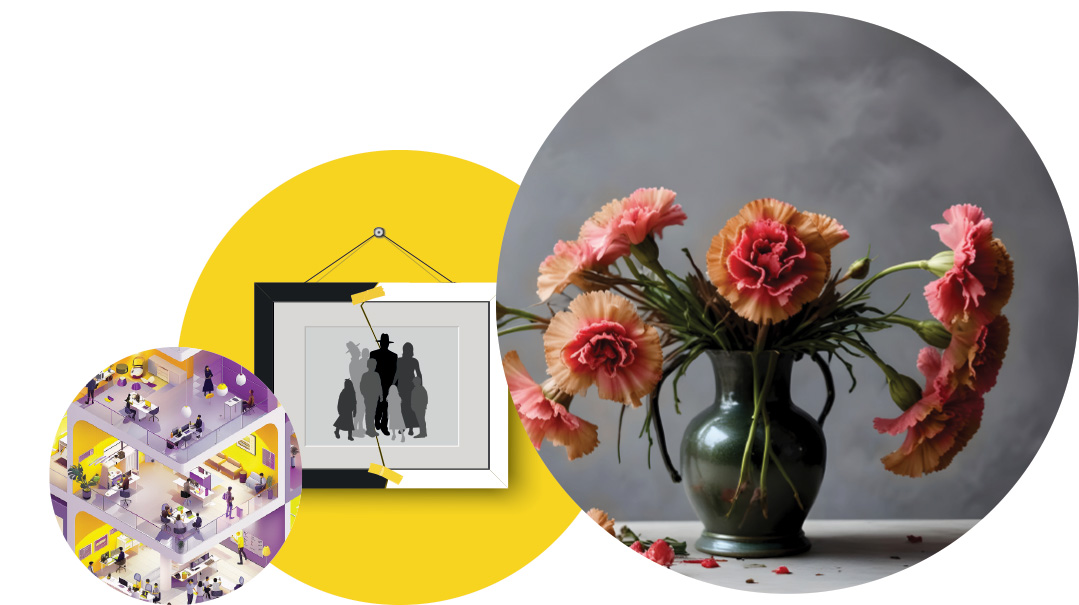Family First Inbox: Issue 857

“No, you aren’t what you choose to eat. You are neither a carrot stick nor an Oreo”

Economical — or Just Plain Cheap? [Inbox / Issue 855]
I’m writing in response to the “future mother-in-law’s” letter to the editor, in which she bemoans the expenses of having two or more of her sons dating simultaneously and complains that Mrs. Eisemann’s advice in her Matchquest column didn’t acknowledge that.
It does indeed sound very costly to have sons in shidduchim. But if you advise your sons not to go out to eat before a fourth date, no one will take umbrage with that stance. However, the question Mrs. Eisemann was addressing in her Matchquest response described extremely cheap behavior, rather than someone who is somewhat economical.
That’s a huge distinction.
The boy Mrs. Eisemann was referring to couldn’t understand why his date might need a cold drink in extremely hot weather. Is he able to feel anyone else’s discomfort or is his goal of never spending an extra dollar superseding his ability to be empathetic? I can assure you that a fellow like this can’t understand why his wife needs a new sheitel. Ever. Or a dress. Or anything. Because he’s totally fine with living with histapkus b’muat to a great extreme. If his wife is too, it isn’t an issue. But most young women today will not be fine with this. I advise the girl dating him to have a serious conversation about it and tread very carefully.
Lots of hatzlachah to the letter writer and this mom with sons in shidduchim.
DB
Brooklyn, NY
You Can Be Your Date’s Coach [Inbox / Issue 855]
I agree completely with the letter writer who says that many boys would benefit from dating coaching provided by a trusted and reliable mentor. She outlines several issues, including raising personal questions prematurely and other matters of dating etiquette. It’s so unfortunate that relationships are stunted because one or both parties lack proper tools for relating and connection.
Here’s a revolutionary idea. You can become the boy’s dating coach. Single girls who have a sophisticated level of self-awareness and communication tools at their disposal can perhaps be the ones to subtly educate boys by giving them some valuable feedback. If a boy asks you a question that feels too personal, you can tell him in a kind and nonjudgmental way (and throw in a smile while you’re at it) that you feel his question is a bit personal for you on that date and you’d prefer to discuss something else.
Be prepared to state what you do feel comfortable discussing. In doing this, you’re giving him tools to build connection in a way that you’ll be comfortable with. You’ll both gain from this. The boy will gain a better understanding of appropriate discussions for dates, and you’ll gain by expressing your needs in a constructive way — a great tool for marriage and raising a family.
Ilana Kedar, Ramat Beit Shemesh
Resources for Shidduchim [Inbox / Issue 855]
A recent letter to Family First raised the question of ensuring that yeshivah boys receive proper guidance prior to and during the dating process, specifically regarding their interactions with the young women they are meeting.
The Nasi Project shares these concerns and to this end has produced an audio series for boys, endorsed by Rav Sholom Kamenetsky and available at nasishidduch.com. (Correspondingly, there is a separate program for girls.) These audios have already been downloaded over 2,000 times and are accompanied by a newly released printable guide entitled, “Navigating Shidduchim: Effectively, Efficiently, and Gracefully.”
However, listening to an audio series is only step one. No boy should be dating without someone in place who can guide him through the nuances of the dating process. A basic word of caution is in order. It is vital to make sure that the person with whom the single boy (or girl) and their parents discuss a particular shidduch is qualified and experienced. Not every rebbi, rav, teacher, or shadchan can be relied upon as a dating coach. Only acumen, extensive experience, and a dating coach’s close contact with their own shidduch coaching mentor makes someone truly qualified.
Nasi has sponsored seven rounds of training for kallah teachers, shadchanim, and mechanchos to increase their skills regarding shidduch coaching. The trainees report that they utilize material they learned on a daily basis! Nasi would love to do the same for rebbeim in yeshivos, but we have yet to find the appropriate framework to do so.
In our interconnected world, there is no need for the person providing guidance to be in the same location or institution as the dater. What is crucial is that the coach/mentor understands where the dater is coming from — not geographically — but in terms of their hashkafah, background, ethnicity, etc., and “gets them,” so that the dater can be properly directed. It behooves parents to ensure that their son (or daughter) has such a person to lean on for guidance during their shidduchim journey.
Nasi has compiled a listing of highly qualified and recommended coaches, also found on our website. But even this source should not be entirely relied upon, as it is important to do research to find the person who will work best. You may also contact me (via Mishpacha) to consult about an appropriate dating coach for a particular situation.
Moshe Pogrow
Nasi Project
You’re Not an Oreo [Should We Trust the Process(ed Food)? / Issue 855]
It’s hard to find a dietitian who will argue with your suggestion to shop the perimeter of the grocery store, where the fresh produce is, but this dietitian feels differently about your concluding statement: “You are what you choose — to eat. Who are you?”
No, you aren’t what you choose to eat. You are neither a carrot stick nor an Oreo. You aren’t your body, and even the health of your body isn’t based only on what you eat. Health is comprised of many factors aside from nutrition, such as sleep, physical activity, stress management, and social connectedness. Awareness of nutrition is a good thing, but excessive fear and perfectionism around diet isn’t. As my mentor, Jessica Setnick, CEDRD-S, puts it, “A healthy relationship with food is more important than any one thing you do or don’t eat.”
Dina Cohen, MS, RDN, CEDRD-S
Say Your Name [Modern Etiquette / Issue 853]
We were just discussing a particular issue in the bungalow colony when your guide to modern etiquette was published. Your article suggested that you do say your name when asking for shidduch information.
To those people who don’t, well, you are more than welcome to not say your name when you call for shidduch information. But if you call me, I will inform you that in the absence of knowing with whom I am speaking, I’m unable to divulge much information. You’re doing your child’s shidduch investigations a great disservice by not being up-front and honest. You will receive the same thing back.
With that being said, I understand why people value their anonymity. Some well- meaning friends have reported back the questions being asked and thereby foiled shidduchim. Not all of those questions were socially off, but rather not standard, such as they heard a piece of information and are following up on it.
This too happened in the bungalow colony recently. One of the references called the girl to inform her that the boy was following up with questions about her brother. She was so offended that she said no to the shidduch after receiving a yes from the boy. By reporting back the line of questioning, this shidduch became DOA.
Additionally, many a speech language pathologist in said bungalow colony were offended by the article’s description of some of the services your children are getting as “specialized babysitting services.”
SLL
Lakewood, NJ
It’s Up to Me [Losing Him Every Day / Issue 852]
Having lost my husband two and a half years ago, I’ve been on the same journey of grief, sadness, and loneliness as Ahuva Roth described in her piece about relating to almanos.
While Ahuva clearly highlighted what the community could do for the almanah, a very important factor in the journey of grief after a bereavement is the attitude of the bereaved — and perhaps that side of the challenge could have been explored. A big factor in my journey was acceptance of my situation and determination to carry on in a positive manner.
I had the tremendous zechus of sharing my life with my husband for nearly 45 years and I am deeply grateful to Hashem for the time we spent together. I miss my husband deeply, as he was my partner in the journey of the life we built together. But Hashem decided that now I must continue this journey alone. Yes, others have been helpful by reaching out — but ultimately, I have to find the strength within myself to continue in a positive manner.
Ahuva wrote, “The almanah needs to fill the place of a person who was there every second of her life. She must replace — no matter how unsatisfactorily — the omnipresent relationship of her husband with a score of people who will touch her heart in small ways.” My husband’s unique place in my heart and in my life can never be replaced — nor do I seek to replace it. People are not replaceable.
Furthermore — as close as we were, we did not have an “omnipresent relationship.” We were two separate people, with our own lives, goals and relationship with Hashem. Yes, we worked together, and helped each other to build our family and our community, and I deeply miss being able to share with him my thoughts, feelings and day-to-day experiences. But Hashem decided that now I must continue this journey alone. Now I have to find myself again — not as part of a couple, but as an individual. And that is the task and the challenge facing almanos — to fulfill their own unique mission in life, without their spouse.
Yes, I need the friendship and support shown to me — and I really appreciate it — but deep down, I am alone. The sadness and loneliness I feel will always be a part of me, but it coexists with the joy of new simchahs, of connecting to people, of achieving my goals in life. It is not replaced by these. The fact that I am alive means that I have a mission, a goal to achieve in This World — and I daven to Hashem every day for the strength to continue on this journey alone, in a positive manner.
May Hashem help all almanos find the inner strength to continue their life in a positive manner.
Esther Maizels
Jerusalem, Israel (formerly of Cape Town, South Africa)
Feedback from the Almanos [Losing Him Every Day / Issue 852]
In response to the piece I wrote about the pain of being widowed, I received several texts and emails from almanos who thanked me for giving them a voice. Many of them expressed similar sensibilities and felt more follow-up and clarification would be helpful; the following is a condensed version of what was expressed:
- A phone call may be intrusive. Before calling, send a text or WhatsApp message indicating you would love to speak if the almanah is up to a conversation, with reassurance that no response is necessary.
- Include a specific offer, e.g., going out to lunch, going for a walk, dropping by in the evening, etc., in that text or WhatsApp message. If you’re a neighbor, you can offer to come over if she needs any help with heavy packages, or changing a lightbulb, etc.
- Try not to be discouraged if she doesn’t respond and don’t give up. Sometimes just sending a card or dropping off a cake or cookies on the doorstep is enough. Because grief is so unpredictable and multifaceted, a call or gesture that is ignored one week may be very well received a few weeks later.
- When you do get together, follow her lead! She may not want to talk about her grief, loss, or sadness. She may want to stay in a very neutral place and just be distracted. This also applies when you happen to bump into your friend in the store, on the street, or at a simchah.
- Please remember that although you have moved on and gone back to your busy life, the almanah’s situation does not get better or change. She needs more support as time goes on, not less. This was said very eloquently in a text that was sent to me: “Just days or weeks before, you were inundated with so much love and support, but your brain couldn’t register any of it at the time. You need those phone calls more than ever once the shock is gone. However, nearly everyone has moved on with their lives and can’t fathom why you still need to be told you are loved and supported.”
Ahuva Roth
(Originally featured in Family First, Issue 857)
Oops! We could not locate your form.







